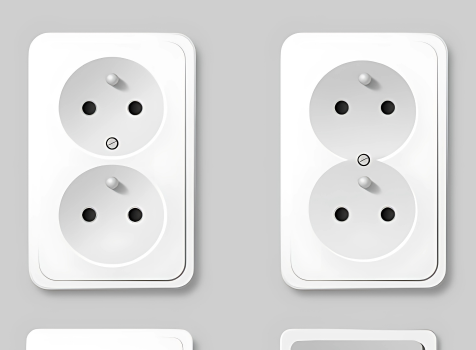The Bureau of Indian Standards (BIS) license verifies that a product fulfills India’s quality and safety standards. It is required for a variety of devices, including electrical appliances, electronics, and industrial equipment. The application process includes submitting it through the Manakonline portal, having the product tested at a BIS-approved lab, and having the manufacturing unit inspected. Once accepted, the product is assigned an ISI Mark (for household products) or falls under the Compulsory Registration Scheme (CRS) (for electronics). The accreditation ensures compliance, increases consumer trust, and is valid for one to two years. The process normally takes 30 to 90 days to complete.

Plugs and socket-outlets of Rated Voltage up to and including 250 Volts and Rated current up to and including 16 amperes
1293 : 2005Alternating Current Direct Connected Static Prepayment Meters for Active Energy (Class1 and 2)
15884:2010Yes, plugs in India must have an ISI mark if they fall under the BIS mandatory certification list to ensure safety and quality compliance.
The IEC 60309 standard covers industrial plugs and sockets, while IEC 60884-1 applies to household and similar-use plugs and sockets.
Plug and socket standards vary globally, including IEC 60884-1 (international), IS 1293 (India), BS 1363 (UK), and NEMA (USA).
ISO does not directly specify socket standards, but IEC 60884-1 is commonly referenced for general-purpose sockets and plugs.
The standard code for plug outlets in India is IS 1293, while internationally, IEC 60884-1 is commonly used.